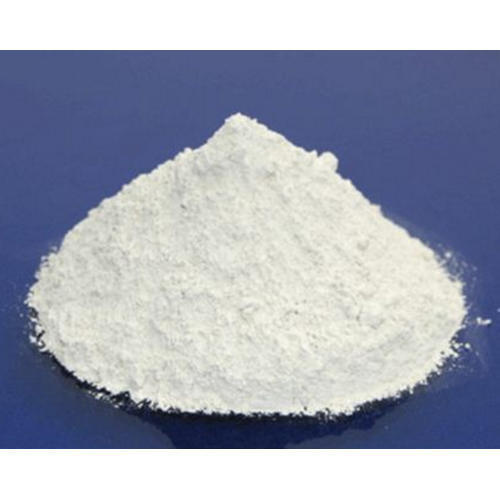
noun
noun
- Also called burnt lime, calcium oxide, caustic lime, calx, quicklime. a white or grayish-white, odorless, lumpy, very slightly water-soluble solid, CaO, that when combined with water forms calcium hydroxide (slaked lime), obtained from calcium carbonate, limestone, or oyster shells: used chiefly in mortars, plasters, and cements, in bleaching powder, and in the manufacture of steel, paper, glass, and various chemicals of calcium.
- a calcium compound for improving crops grown in soils deficient in lime.
- birdlime.
verb (used with object), limed, lim·ing.
- to treat (soil) with lime or compounds of calcium.
- to smear (twigs, branches, etc.) with birdlime.
- to catch with or as if with birdlime.
- to paint or cover (a surface) with a composition of lime and water; whitewash: The government buildings were freshly limed.
noun
- a white crystalline base used in the production of calcium hydroxide and bleaching powder and in the manufacture of glass, paper, and steel. Formula: CaOAlso called: lime, quicklime, calx, burnt lime, calcined lime, fluxing lime
noun
- short for quicklime, birdlime, slaked lime
- agriculture any of certain calcium compounds, esp calcium hydroxide, spread as a dressing on lime-deficient land
verb (tr)
- to spread (twigs, etc) with birdlime
- to spread a calcium compound upon (land) to improve plant growth
- to catch (animals, esp birds) with or as if with birdlime
- to whitewash or cover (a wall, ceiling, etc) with a mixture of lime and water (limewash)
noun
- a small Asian citrus tree, Citrus aurantifolia, with stiff sharp spines and small round or oval greenish fruits
-
- the fruit of this tree, having acid fleshy pulp rich in vitamin C
- (as modifier)lime juice
adjective
- having the flavour of lime fruit
noun
- any linden tree, such as Tilia europaea, planted in many varieties for ornament
verb
- (intr) Caribbean slang (of young people) to sit or stand around on the pavement
“chalky mineral used in making mortar,” from Old English lim “sticky substance, birdlime, mortar, cement, gluten,” from Proto-Germanic *leimaz (cf. Old Saxon, Old Norse, Danish lim, Dutch lijm, German Leim “birdlime”), from PIE root *(s)lei- “slime, slimy, sticky” (cf. Latin limus “slime, mud, mire,” linere “to smear;” see slime (n.)). Lime is made by putting limestone or shells in a red heat, which burns off the carbonic acid and leaves a brittle white solid which dissolves easily in water. Hence lime-kiln (late 13c.), lime-burner (early 14c.). As a verb, c.1200, from the noun.
greenish-yellow citrus fruit, 1630s, probably via Spanish lima, from Arabic limah “citrus fruit,” from Persian limun “lemon” (see lemon (n.1)). Related: Limeade (1892), with ending as in lemonade.
“linden tree,” 1620s, earlier line (c.1500), from Middle English lynde (early 14c.), from Old English lind “lime tree” (see linden). Klein suggests the change of -n- to -m- probably began in compounds whose second element began in a labial (e.g. line-bark, line-bast). An ornamental European tree unrelated to the tree that produces the citrus fruit.
n.
- A white, caustic, lumpy powder used in analytical and manufacturing procedures, in glassmaking, in waste treatment, in insecticides, and as an industrial alkali.lime2
- A white solid compound that has a very high melting point and reacts with water to form calcium hydroxide. It is often prepared commercially by heating limestone. Calcium oxide is used as an alkali for treating acidic soils and in manufacturing steel, paper, and glass, and it is the main component of lime. Chemical formula: CaO.
- A white, lumpy, caustic powder made of calcium oxide sometimes mixed with other chemicals. It is made industrially by heating limestone, bones, or shells. Lime is used as an industrial alkali, in waste treatment, and in making glass, paper, steel, insecticides, and building plaster. It is also added to soil to lower its acidity.
 Liberal Dictionary English Dictionary
Liberal Dictionary English Dictionary


